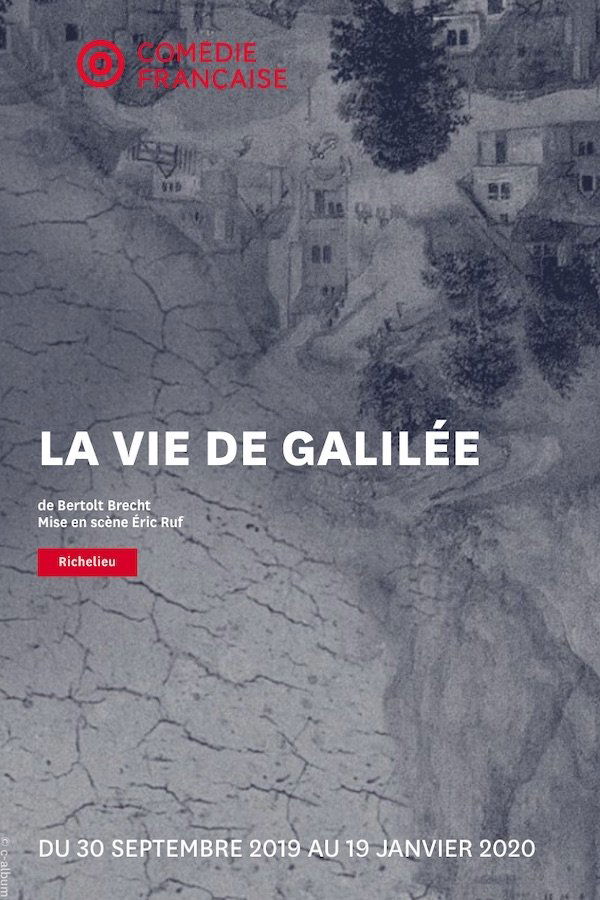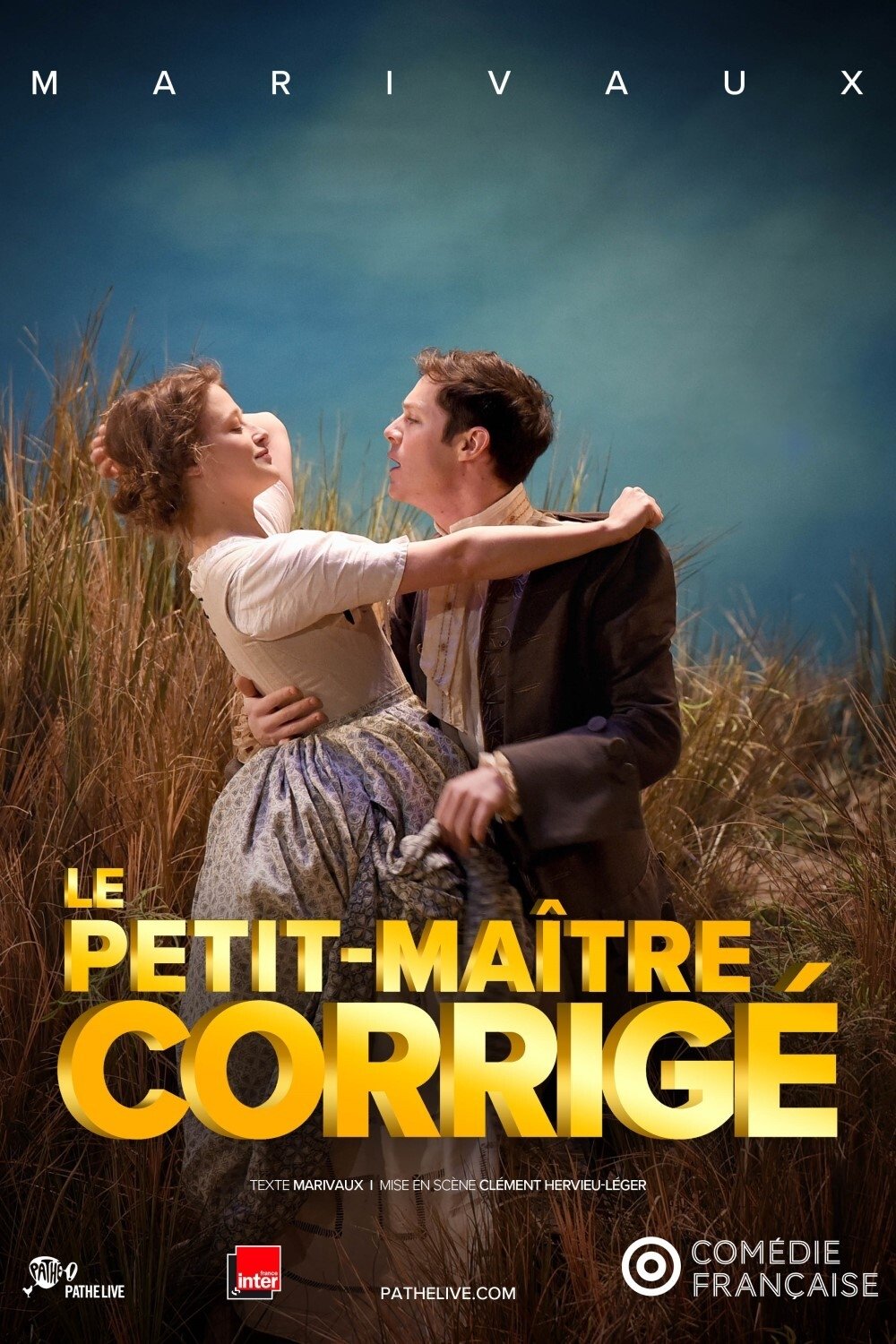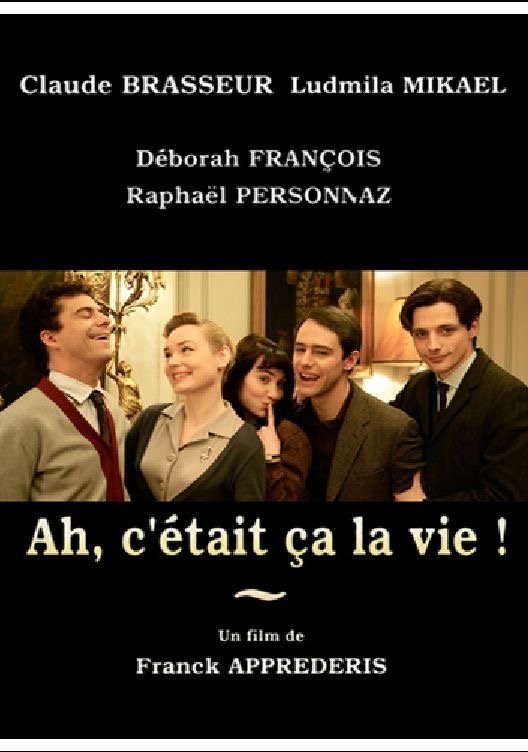

The story takes place near Lisbon, in the mid-16th century. Bela, an adopted young man, tries to find his place in a family that is free, but trapped in a world where each shadow allows imperfections to shine through.

Paris, summer 2020. Actors from “la Comédie-Française”, France’s most prestigious theater, rehearse Christophe Honoré’s new play, an adaptation of Marcel Proust’s “The Guermantes Way”. When the show is suddenly canceled, the drama group decides to go ahead with it anyway, in the name of art and for the joy of acting together.

Set in the shrine of French dance, the Garnier Opera house, L'Opera follows three characters whose dreams clash with reality, whose ambitions collide with expectations, and whose purity faces corruption.

Accompanied by a child, the mathematician Galileo observes the firmament with a telescope. Ten years ago, the philosopher Giordano Bruno was burned in Rome for having supported the idea of an infinite and centerless universe, based on the work of Copernicus. By dint of observations and calculations, Galileo seeks proofs for his hypothesis of a cosmic system where the Earth is "an ordinary celestial body, one among thousands". From Padua to Venice, the mathematician shakes certainties by confronting the power of a Church which wishes to maintain its absolute power in the "crystal spheres" where Ptolemy has hitherto locked up the world.



Le Petit-Maître corrigé is a three-act romantic comedy by French playwright Marivaux. It was first performed on November 6, 1734, by the Comédie-Française in Paris. In this production Clément Hervieu-Léger makes the eighteenth century resonate with our era, all the more so given that the language is “simpler than in other Marivaux plays, while still as refined, precise and full of humour”. The story is that of a young Parisian whose parents have found a good match for him, a count’s daughter. But when he goes to visit her in her country home, the handsome boy – whose Parisian manners are far removed from the rules of decorum that reign in the provinces – cannot open his heart to his lovely intended. Stung, the latter decides to punish his arrogance while a former lover arrives to prevent the marriage. Between the alliance of master and manservant, and the complicity of mistress and maid, a romantic intrigue ensues full of light-hearted conspiracies and feverish emotions.

A vision of youth in Western Europe in the 50s, literature, jazz, politics and wars intermingle in their dreams, ideals and their first loves.
Originally from Avignon, he quickly discovered the theater thanks to his parents (his father was an engineer and his mother a professor of literature). At the age of six, he accidentally met Agnès Varda, who cast him in the short film she was shooting in Avignon at the time. The short film is called 7 rooms kitchen and bathroom. After his baccalaureate, he left for Paris to follow theatrical studies at the Périmony course. He then joined the National Conservatory of Dramatic Art, where he studied from 1997 to 2000, in the classes of Stuart Seide and Jacques Lassalle. In 2003, he played in Le jour du destin and won a nomination for the Molières 2004 for male theatrical revelation. In addition to the theatre, he can be seen in several French television series, most often for an episode, but he also held recurring roles, such as in the series Commissaire Valence, broadcast on TF1, with Bernard Tapie in the title role. Loïc Corbery receiving the Swann d'Or at the 2014 Cabourg Film Festival. He joined the Comédie-Française in 2005, where he was particularly noticed for his interpretations in Le Cid by Pierre Corneille, directed by Brigitte Jaques and The Taming of the Shrew by Shakespeare, directed by Oskaras Koršunovas. He became a member in 2010. The artistic direction of the tribute to Molière was entrusted to him in 2009.